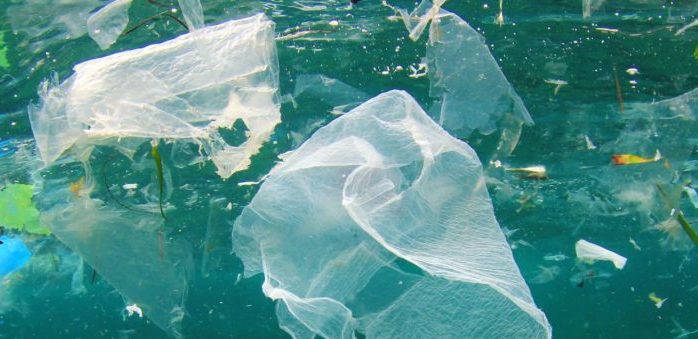Lately, the UK Government is trying to clean up the seas. As part of this attempt, new proposals were launched on 2 November 2018, to reduce bureaucratic procedures and make it easier for divers to remove litter from the seabed.
Up until now, a marine licence was required for divers who retrieve litter or abandoned, lost and discarded fishing gear during the course of a dive.
[smlsubform prepend=”GET THE SAFETY4SEA IN YOUR INBOX!” showname=false emailtxt=”” emailholder=”Enter your email address” showsubmit=true submittxt=”Submit” jsthanks=false thankyou=”Thank you for subscribing to our mailing list”]
Now, divers will be excluded from the requirement to have a marine licence, thus facilitating the existing regime and helping mitigate the 640,000 tonnes of ghost gear lost in the oceans each year.
The consultation also gives clarifications to boat users who do not require a licence to collect litter or ghost gear from the ocean’s surface.
Environment Minister Thérèse Coffey commented on the proposals:
We want to make it easier for divers and other sea users to play their part, which is why we are looking at how we can cut red tape while still maintaining the highest protections for our precious marine life
These proposals are also part of a consultation regarding changes to the marine licensing system, in order to simplify the current rules and reduce unnecessary burdens on divers.
Current marine licencing rules were launched in 2011 to ensure activities such as construction and dredging are only allowed when they have considered environmental impact.
However, the new proposals now attempt to allow divers to use equipment such as a lifting bag, a vessel or an aircraft to remove marine litter, while ensuring they protect the habitats, protected species and items of archaeological or historical interest.
In addition to facilitating divers’ work, UK has also implemented a ban on microbeads which harm marine life, and plans to ban the sale of plastic straws, stirrers and cotton buds and introduce a deposit return scheme to boost recycling of drinks bottles and cans.
The country has also initiated the Commonwealth Clean Oceans Alliance (CCOA) earlier this year which has seen member states join together in the fight against plastic pollution.






























































